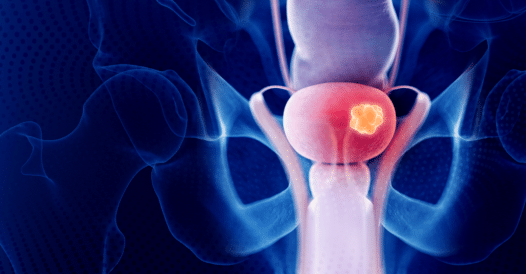In this CE Concepts recorded Grand Rounds, expert faculty examine the evolving treatment landscape for advanced cervical cancer and discuss how they develop individualized treatment plans that apply current guideline recommendations, consider new treatment methods, and respect the unique needs of each patient.



In this Creative Educational Concepts (CEC) webcast, expert faculty will discuss strategies for differentiating patient- and disease-specific variables that inform CLL treatment selection, developing plans for managing new AEs, and addressing patient-related treatment barriers to improve adherence to CLL therapy.




Join our expert faculty for this 60-minute activity designed to help clinicians stay abreast of emerging trial data and evolving treatment guidelines, as well as effectively manage agent-specific AEs, to optimize care for their patients with mUC.




In this CE Concepts recorded Grand Rounds, expert faculty will discuss assessing patients for MF therapy, integrating current and emerging data on JAKis in MF, developing individualized strategies to reduce treatment toxicity and enhance treatment adherence, and evaluating health disparities in MF. The faculty will also provide insight through case examples.


In this CE Concepts recorded webcast, expert faculty will guide learners on the implementation of recommended, inclusive, and universal screening techniques and programs for cervical cancer. Faculty will also evaluate the latest efficacy and safety data in different settings for the treatment of cervical cancer as well as incorporate actionable strategies to address disparities and the unique health care of individuals with marginalized sexualities and genders related to cervical cancer screening.




In this CEC Oncology recorded Grand Rounds, expert faculty will evaluate the efficacy and safety of first-line PTCL treatments; explore the diagnostic, prognostic, and therapeutic applications of CD30 expression in PTCL subtypes; and discuss strategies to expand collaborative learning and communication that can enhance clinician understanding and proficiency in making informed therapeutic decisions as a treatment team.
